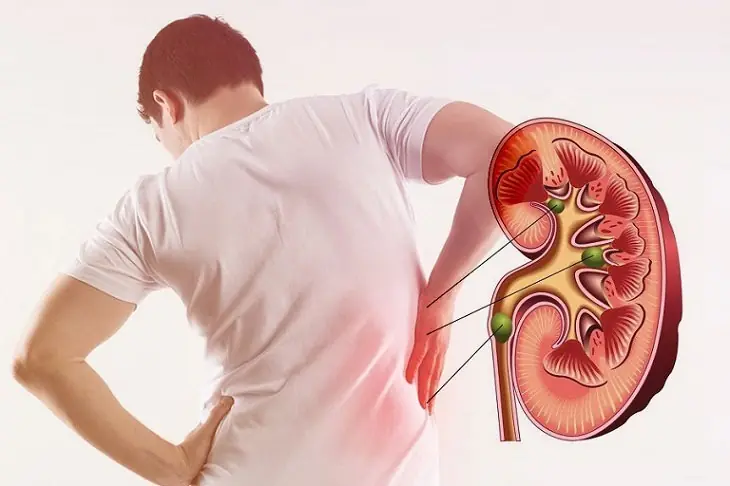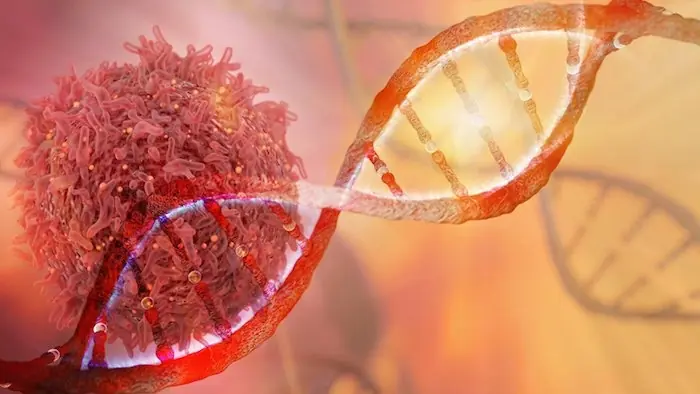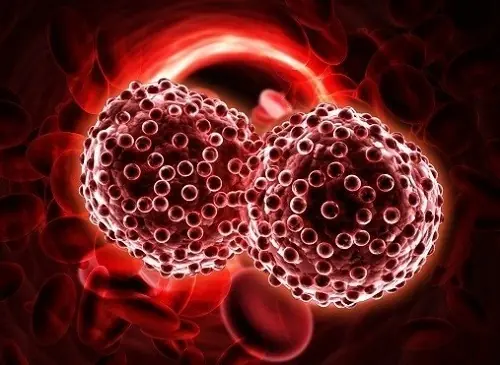
Cancer Is Painless at First, But If You Notice These 8 Signs While Using the Toilet, See a Doctor Early: Don’t Ignore Them
Cancer is one of the leading causes of death worldwide, yet many people still overlook its early warning signs. What makes cancer particularly dangerous is that, in its early stages, it often causes no pain. As a result, many patients delay seeking medical help until the disease has advanced — sometimes too far for effective treatment. However, your body gives subtle clues, especially during something as routine as using the toilet. Experts warn that certain symptoms during urination or defecation could be signs of serious underlying health issues, including cancer. Here are eight signs you should never ignore.
1. Blood in the stool or urine.
Seeing blood in the toilet bowl is alarming for a reason. While it may be caused by something less serious like hemorrhoids or a urinary tract infection, it can also be an early sign of colon, bladder, or kidney cancer. Bright red blood might point to bleeding in the lower digestive tract, while darker, tarry stools may indicate bleeding higher up.
2. Persistent constipation or diarrhea.
Everyone experiences occasional digestive upset, but if you’ve had constipation or diarrhea for more than a few weeks, it's time to see a doctor. Persistent changes in bowel habits can be an early indicator of colorectal cancer.
3. Unexplained weight loss.
If you are losing weight without trying — especially alongside changes in toilet habits — this could be a warning sign. Cancer can alter metabolism or block nutrient absorption, leading to sudden, unexplained weight loss.
4. A constant feeling of needing to use the bathroom.
If you always feel the urge to urinate or have a bowel movement, but little to nothing comes out, this could suggest a blockage or tumor in the urinary or digestive system. It might also be accompanied by discomfort or cramping.
5. Difficulty urinating or pain during urination.
Pain, a weak stream, or trouble starting and stopping urination can be signs of prostate cancer in men, or bladder cancer in both men and women. These symptoms are often mistaken for urinary tract infections, but if they persist, they should be evaluated further.
6. Narrow or pencil-thin stools.
This is a lesser-known but significant sign. If your stool has become consistently thin or ribbon-like, it could mean that a tumor is partially blocking the colon. While this symptom can also result from diet or stress, persistent changes require investigation.
7. Fatigue and a constant feeling of weakness.
While fatigue is a common complaint, cancer-related fatigue doesn’t improve with rest. When combined with other toilet-related symptoms, it may indicate internal bleeding or nutrient loss caused by a tumor.
8. Mucus in stool.
Mucus naturally lines the intestines, but large amounts of it in your stool — especially if accompanied by blood or changes in consistency — can be an early sign of colorectal cancer or other gastrointestinal issues.
Many of these signs can be caused by less serious health problems, but the key is not to ignore them — especially when they persist. Early detection is critical in the fight against cancer. When caught in its early stages, many types of cancer, including colorectal and bladder cancer, can be treated effectively, and even cured.
Doctors stress that embarrassment or fear should never prevent someone from getting checked. Your body is constantly sending signals — especially during moments as routine as using the bathroom. Listening to those signals and acting early could save your life.
Don’t be complacent. If you experience any of the above signs for more than two weeks, consult a healthcare professional immediately. Prevention and early diagnosis are the strongest weapons we have against cancer.
News in the same category


11 Health Warnings Your Fingernails May Be Sending

Lemon + Cucumber: The Underrated Power Duo That Will Transform Your Health

Refresh Your Health: Benefits of Cucumber, Ginger, Mint, Lemon, and Water

If Cancer Is Lurking in the Body, These 3 Signs Often Appear at Night — But Many People Ignore Them

9 Indications of lack of magnesium You Ought to Be aware

17-Year-Old Girl Hospitalized Due to Kidney Failure, Requires Lifelong Dialysis: Doctors Warn of 3 Common Habits Among Young People

Boy, 6, dies after experiencing common symptom which affects almost every child

The 7 Covid symptoms that shouldn't be mistaken for hay fever this summer

Warning: 9 Silent but Dangerous Signs of Cancer – Listen to Your Body

7 Early Signs of Blood Cancer Everyone Should Know

2 SIGNS OF KIDNEY DAMAGE: IF YOUR MORNING URINE HAS THIS COLOR, SEE A DOCTOR IMMEDIATELY

Natural Defense Against Colds and Flu

At 65, I Lost My Vision – But This Drink Brought It Back!

Doctors Say These 9 Hidden Drinking Patterns Are More Dangerous Than Binge Drinking

Himalayan Fungus Discovery Boosts Cancer-Fighting Power by 40 Times, Scientists Say

Mom of 10 Shares Symptoms of Rare Cancer Before Passing Just Weeks After Diagnosis

Aloe Vera: A Natural Remedy for Nail Fungus 🌿💅

🧅 Unlock the Power of Onions: 7 Natural Ways to Boost Male Vitality & Fight ED
News Post

Simone Biles Attends Kentucky Derby, Causing a Stir over Her Outfit
Simone Biles made headlines once again — this time not for her flips but for her fashion. When she arrived at Churchill Downs, all eyes were on her, and what she wore ignited a conversation far beyond the racetrack.

I Organize Wedding for Rich Woman, on the Day of Event My Husband Gets Out of Groom's Limousine

Man Hears His Brother Whispering to His Daughter ‘I’m Your Real Dad!’

My Young Stepmom Demanded I Pay Rent to Live In My Childhood Home After Dad’s Death—but She Didn’t Expect What I Did Next

Firefighters Reveal the Worst Place to Keep Your Phone

What Are Sebaceous Filaments and Why Are They on Your Face?

Tapeworms in Humans: Symptoms and Treatments (Pictures Included)

11 Health Warnings Your Fingernails May Be Sending

Urgent Alert: Vaping-Linked ‘Popcorn Lung’ Causes Lasting Harm, Experts Say

Lemon + Cucumber: The Underrated Power Duo That Will Transform Your Health

Refresh Your Health: Benefits of Cucumber, Ginger, Mint, Lemon, and Water

Nun who broke protocol to mourn Pope Francis speaks out

Miranda Lambert Performs on 'American Idol,' Igniting Mixed Reactions — Video

Why King Charles is forbidden from attending the Pope’s funeral

Canada’s new prime minister issues scathing warning to Donald Trump

If Cancer Is Lurking in the Body, These 3 Signs Often Appear at Night — But Many People Ignore Them

9 Indications of lack of magnesium You Ought to Be aware

17-Year-Old Girl Hospitalized Due to Kidney Failure, Requires Lifelong Dialysis: Doctors Warn of 3 Common Habits Among Young People
